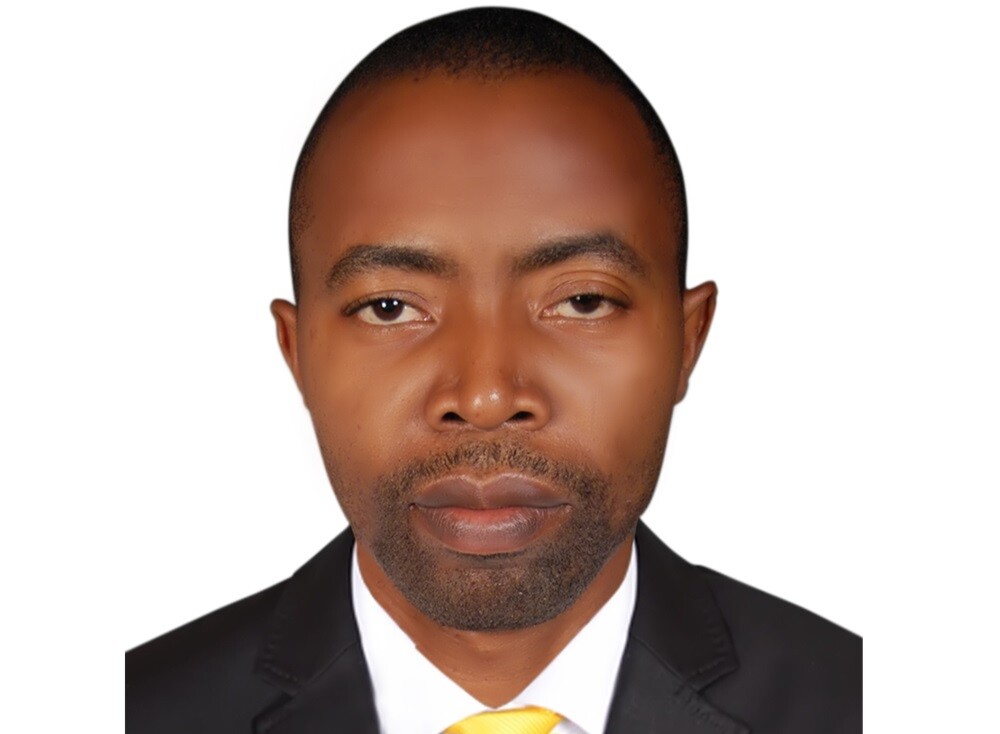By Ben Ssebuguzi
Every undertaking whether a business or project must have a business case. A business case sets out what we’ll get for the capital money and time and efforts we expend. According to their Vote expenditure 2024/25, the Uganda Coffee Development Authority(UCDA) spends a chunk of Shs 60 billion on recurrent expenditure and only Sh5b is spent on development.
What is the business case of UCDA spending over Ush19B on corporate services and Ush3B on strategy and business development? It is common practice in the donor world and funders to set administration caps. For example, big donors like the Ford Foundation are now dedicating 20%-25% of their grants to cover administrative costs.
Administration costs also known as overhead encompasses salaries, training, infrastructure, equipment and upkeep. This is how non-profit organizations are able to make a lasting impact in communities.
Regrettably, if you investigate UCDA figures, you will be shocked to learn that they spend Sh10b on wages alone against their Ush 60b budget. Additionally, they spent about 500m on the medical cover which drains the sector’s intended priorities. If you use conventional wisdom you will appreciate that UCDA failed to operate on a small budget to drive the sector to greater heights.
Additionally, if you carry out a clear audit and evaluation based on their strategic objectives which include among others increasing coffee production and productivity, their performance is not yet satisfactory.
The volume of coffee produced in Uganda increased from 4.7m bags in 2017/18 to 7.8milion in 2022/23 is quite commendable but minimal growth of only 0.5m bags per annum against the coffee sector road map target of 20m 60kg bags by 2020 which even expired 4 years ago.
In 2015, President Museveni directed the Ministry of Agriculture to see to it that coffee exports increase to 20 million bags, which would put Uganda among the top global producers such as Brazil and Vietnam. This translates into only 39% performance up-to-date. This could have enraged policymakers to take drastic action to make reforms for the better.
Furthermore, we need to understand that before we apply stereotype speculation to the possible cause of the plan to merge UCDA, we ought to bear in mind that public projects are available for transparent audit to assess if they are adding enough value. If not, then the management of that project is failing hence attracting reform measures.
For a country to register significant set targets like expanding the economy tenfold from baseline GDP of about USD 50 billion in FY 2022/23 to USD 500 billion in the next 15 years, this can not make policymakers settle for less. This means that audits of public sector programs should always be routine to establish efficiency in service delivery.
In these circumstances, UCDA in some way was quite distant from the benefits realisation case that got them started. They were majorly focusing on their welfare against government priorities.
In conclusion, spending a whopping Shs 400m on boards, and committee meetings, spending a staggering Shs 1.1b on Advertising and PR, travel inland Shs 6 billion, and stationary alone Shs 13.3 billion,, leaves a lot to be desired.
This illustrates that they were not spending as much as possible on meeting the immediate needs of the people who need help in order to create adequate and sufficient growth in the coffee sector hence making the merger of UCDA inevitable in all circumstances. Merging will optimise the government’s current performance and future resilience.
The writer is the Head of Research Office of the National Chairman Kyambogo!
Send us your story or opinion on: dailyexpressug@gmail.com. You can also follow Daily Express on WhatsApp for all the latest news and updates.


